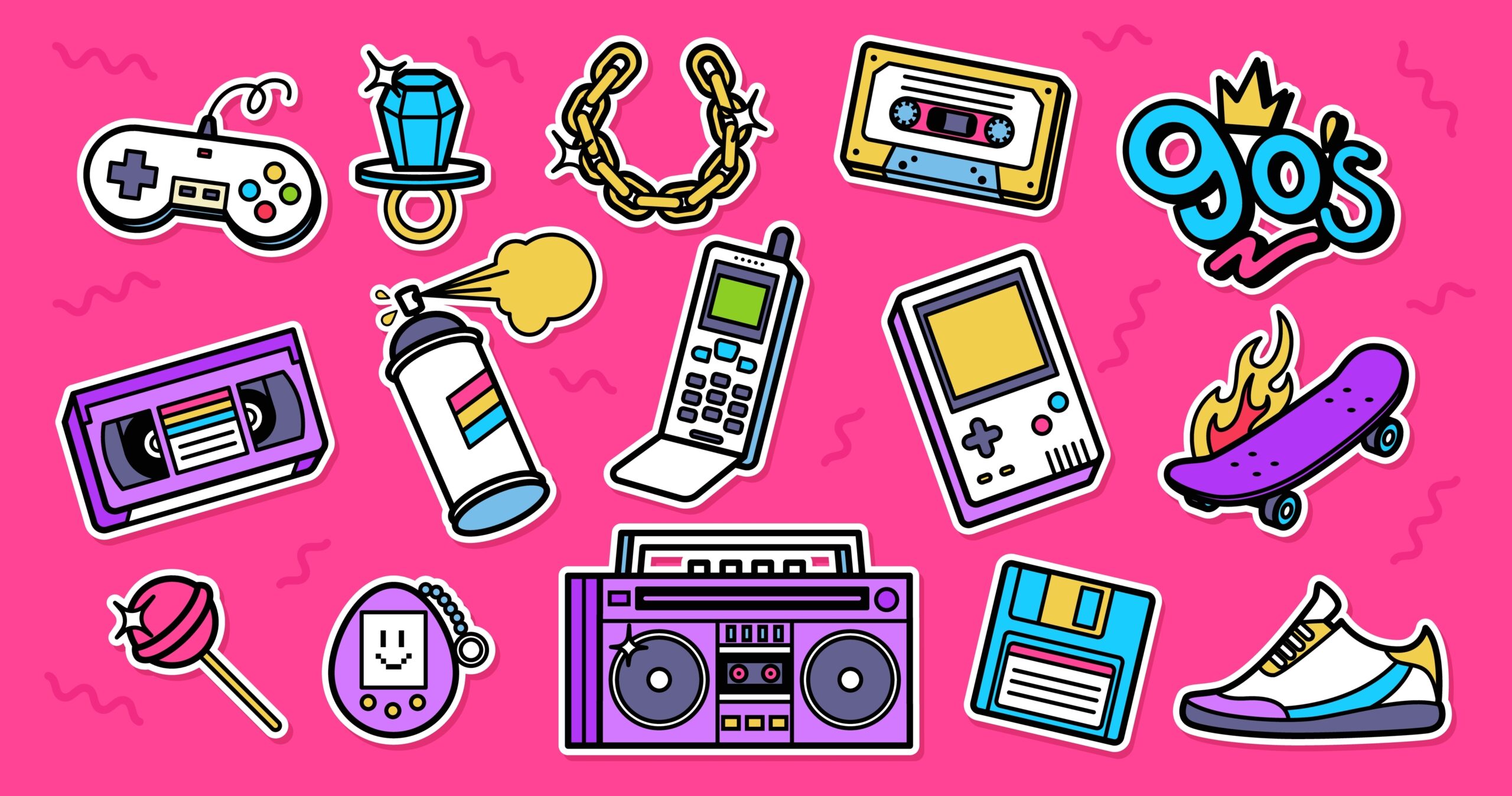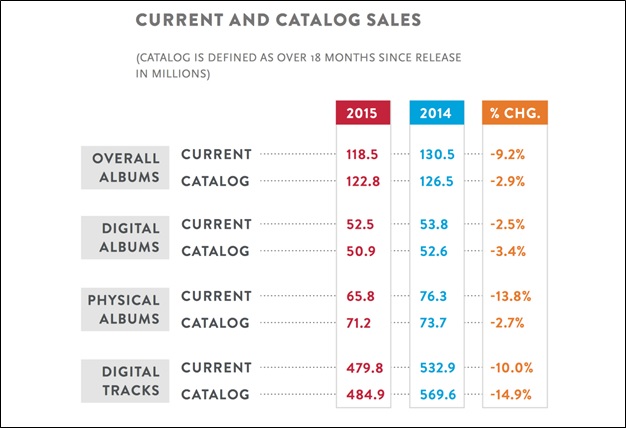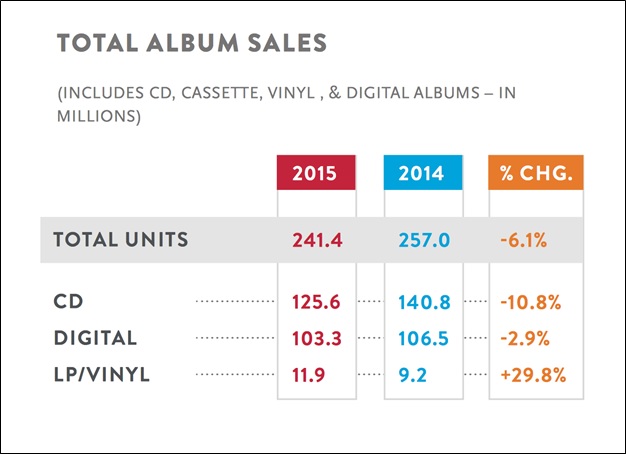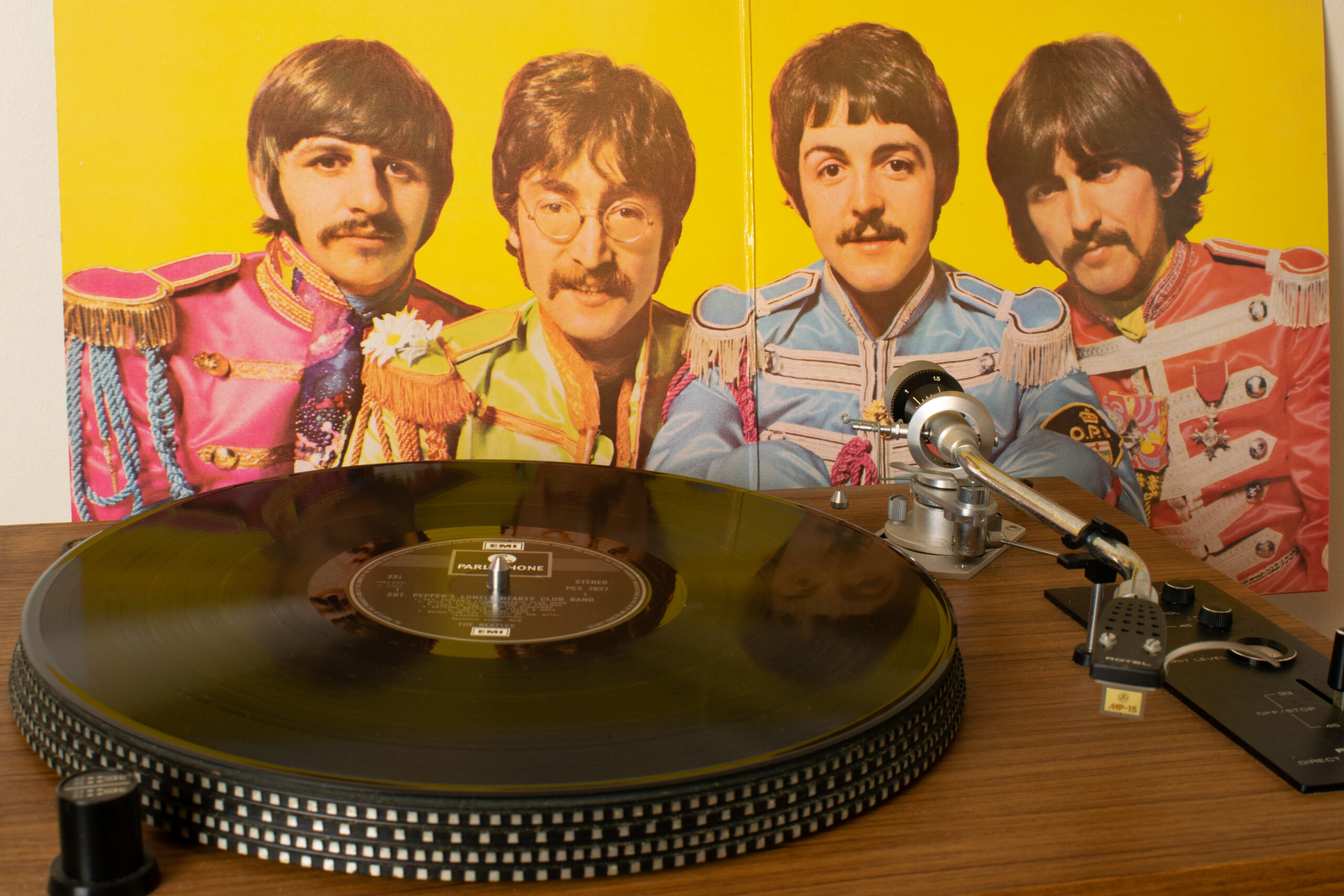
The more things change….
Well, you know the rest of that old cliché. But the reason they become clichés is because they’re heavily rooted in truth. And today’s post from the JacoBLOG archives lives up to that old adage. For today’s #TBT post, I went all the way back to January 2016. Eight years is a long time in the world of tech, media, music, and even radio. That’s the case for today’s post, an interesting look at music trends from the past and what they are trying to tell us about our present.
A post published here earlier this week – “Is Netflix Becoming The Classic Rock Of Video Streaming Platform?” – focused on music critic’s Ted Gioia’s concern the labels, streaming companies, radio, and other media have all but given up on new music.
Today’s post from yesteryear looks at the roots of this phenomenon. Substitute Taylor Swift for Adele and it holds up nicely. Interestingly, the Beatles who played at a role in this 2016 story continue to somehow show up year after year. Remember that in 2023, they released their “last song ever,” with the help of a John Lennon cassette and the latest AI technology as they are always finding a way to retain their music relevance.
Back in 2016, this blog reported on the phenomenon that an all-time record for streaming had just been set over the recent December holidays. Contrast that with last week’s newly released Audacy plan revealing they intend to launch a subscription streaming service in response to growing digital trends. The more things change….
Whether their prepackaged bankruptcy will scuttle those plans is unknown, but robust streaming trends have been predictable for many years now – all the way back to 2016 . . . and earlier.
The technology, the gadgetry, and the brands may change, but the megatrends endure. How radio leadership responds will, of course, determine the ultimate fates of most of the companies still standing today. Reading the tea leaves – or better yet, the research – will likely play a role in their success…or failure. – FJ
There was a lot of buzz last week about some new Nielsen numbers – no, not the Christmas music radio ratings – but the 2015 music sales totals.
It turns out that for the first time in history (think about that), old music is outselling new music. Now let’s get our terms straight. “Catalog” music is defined by Nielsen as anything 18 months ago or older.
But the main thrust of the Nielsen data shouldn’t be lost on any of us – especially those programming and managing radio stations that play new music from any genre. For myriad reasons – in spite of Adele’s amazing run near the end of 2015 – the old stuff trumped new music for the first time ever:

The only exception was in digital albums, but in every other category, it was all about the vintage stuff. And when you drill down further into the various formats that make up album sales, you see a downturn for digital and CDs, but a continuing rise for vinyl.

As the chart clearly shows, the vinyl comeback – while modest in the big picture – represents the only category of music sales showing increases. We saw evidence of vinyl’s resurgence at CES. There were more than a few turntables on display (as well as more high-end audio equipment).
And of course, logic dictates that most of those vinyl sales are going to be older albums that consumers wish to enjoy in the format in which they were originally released. But sales of old school record albums doesn’t tell the entire tale, especially when you consider they made up only 5% of the overall totals with under 12 million units sold.
So something else has to be going on. The site, Chart Attack (you have to love that name), also considers vinyl as a possible culprit. They point the speculative finger at on-demand streaming services like Spotify as another sign that consumers are moving away from music ownership.
But that doesn’t necessarily explain the rise in interest in catalog music. So digging a bit deeper into the Nielsen data reveals another theory that would seem to hold water.

The Beatles may have had an even greater influence on behavior than Adele’s all-out attack. Their appeal (as we’ve learned from the resurgence of Classic Rock ratings) isn’t limited to Baby Boomers. Nielsen reports that among 18-34 year-olds, those lads from Liverpool are the seventh most popular artist – ahead of Katy Perry, Kelly Clarkson, and Usher.
But here’s the part of the Nielsen data that needs a little dot-connecting. Consider:
1. An all-time weekly streaming record was set the week of December 24th with nearly 7.5 billion on-demand streams – none of it attributable to Adele.
2. And when was the Beatles catalog released for streaming? On December 24th. And that event also coincided with a nearly 90% increase in radio airplay for the Fab Four.
The streaming Beatles phenomenon was more than just about commerce. It had a strategic purpose, too, and one that should not be lost on radio executives, grappling with their own digital direction.
AdWeek notes that Universal Music Group – the Beatles’ shareholders – made an exceptionally wise move by releasing their catalog to the streamosphere. Aside from streaming being the shortest path to reaching Millennials, the CEO of BrandFire, Adam Padilla, put it best:
“If young people don’t adopt The Beatles as their own, on their terms and on their devices, what was once a prized commodity rapidly becomes a relic.”
He was talking about the immense value and history of the world’s most successful rock band. But he could have just as easily been talking about radio.
Yeah, yeah, yeah.
- What To Do If Your Radio Station Goes Through A Midlife Crisis - April 25, 2025
- A 2020 Lesson?It Could All Be Gone In A Flash - April 24, 2025
- How AI Can Give Radio Personalities More…PERSONALITY - April 23, 2025





Make it Fresh & Familiar. Works with all formats. 1220watx.com
Compared to the Niagara Falls of new music in every genre today, music in the “classic” era (say 1965-75) was a more confrontable babbling brook. That could be at least a partial explanation of the latter’s growing popularity. Bring the analogy home: Might a genuine radio that you simply turn on provide refuge from the overwhelming quantity of choices that listeners face with streams, physical media, podcasts, etc? I’ve sure been listening to my radio more in recent years.
I love radio I love all genres and I wish it were true however most people these days are listening to a lot of great music unfortunatley not on radio when my 3 sons 17-21 listen to a ton of great music streaming & downloading, I so wish they found it because of radio or would tune in ,in my opinion what is wrong with radio especially what you defined as classic rock has hurt rock music across the board past 10 years when you cant get any big even older artists new material on radio because agencies who dont spend much $ on radio anymore like to put people & music in specific boxes to deliver targeted audiences efficiencies & make it simple for marketing people to explain , when all you hear on radio is the same old stuff your not doing what radio was meant to do your buying time in the hopes people arent paying attention, at least country music made a comeback too bad rock & other genres, all those great artists music you are referring to wouldnt be who they are unless radio exposed them to audiences, when is the last time you heard a new Stones or any other famous rock artist tune on radio?